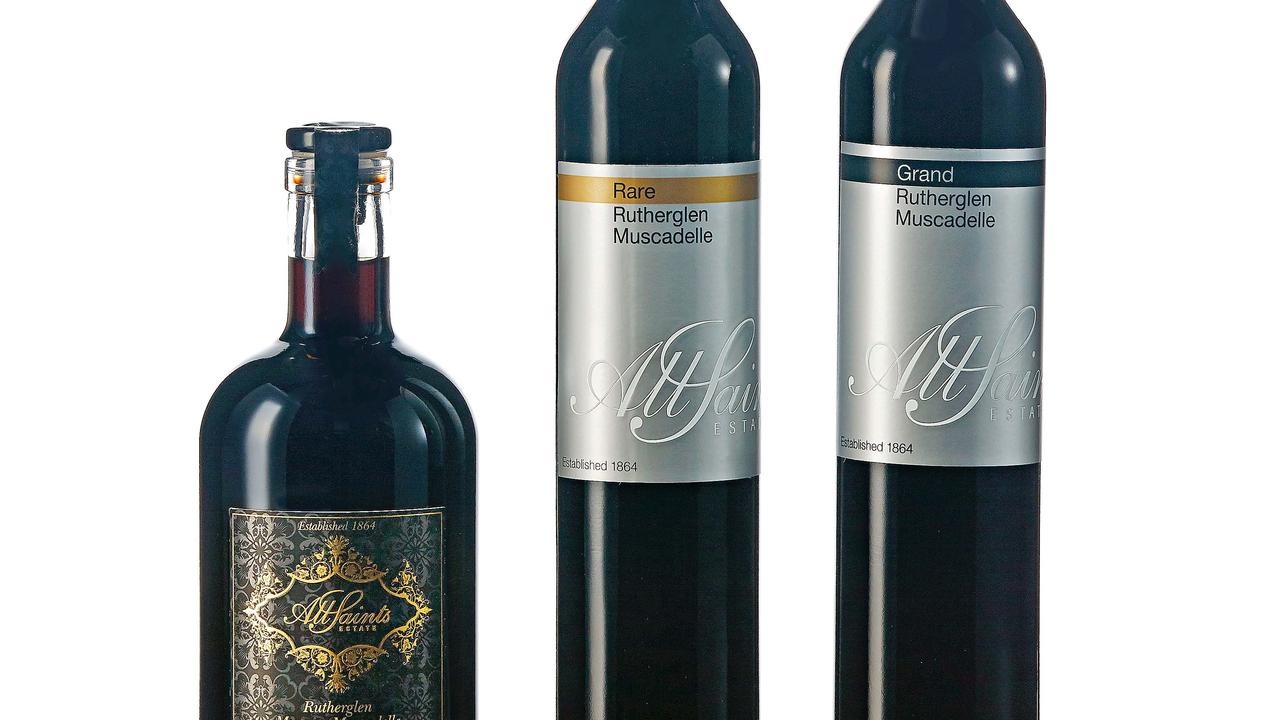Are we in danger of losing our Aussie gestures?
Australian gestures have been with us since the beginning. Are they in danger of dying out?
In the middle of flat nowhere, the flick of the fingers on the steering wheel as another car hoves into sight. The emotional bomb of a solemn dawn salute against a digger’s slouch hat. The silence of indigenous hunting signals out bush. The clenched obscenity of the middle finger in the flipped bird. The vulgarity of the backhanded V. Hoges’s cheeky wink; the twinkly-eyed thumbs up, “She’ll be right mate”. The hand signs of indigenous elders, brimming with personality and nuance and humour.
The raised finger for the bill. The tumbler turned upside down in the bar; fight or finished? The swirl above the empty glasses: another round thanks. The high waggle of the pinkie for the speeder, as in “No one thinks big of you for doing that, mate.” The “vampire cough” toddlers are taught now, into the crook of an elbow rather than a cupped hand — health and safety rules. The laconic thumb thrust of the hitchhiker on a highway. The cricket umpires with their language of byes, wides and judgment calls; AFL’s crisp boundary, field and goal umpires. The raised hand of the swimmer drowning in the surf.
Aussie gestures, the movements of hand and eye that make a nation. Some have been with us for decades, centuries, millennia. But we have to be careful because what’s seen as warm and generous in our world can be viewed as something else entirely somewhere else. The thumbs up gesture in Australia is an affirmative sign of positivity, but in some places — Iran for example, and some other Middle Eastern countries — it means something else entirely. In Iran it’s known as the “bilakh” and means, most precisely, “Up yours”. And in some parts of Asia the extended thumb of the hitchhiker means, well, keep on going guys, nothing to see here. Gestures, they’re complicated.
The handshake is something all Aussie parents need to teach their kids; I have with each one of mine. Aussie way. Firm but not hurting and it mustn’t go on too long and crucially, there must be eye contact; confident, friendly Aussie eye contact. It’s an art. In London I got into the greeting habit of two cheek kisses — one on either side — and sometimes there were three if I was feeling particularly continental. They flow naturally over there but over here it can be an awkwardness of cheek and shock and pull-back from the recipient, like a pony new to a bridle.
My reality now is a world of dabs and shakas and Fortnite dances; flossing the most. A universal language of youth the world over, because of gaming and the internet, the Next Big Thing. Yet are we in danger of losing our specific Aussie gestures? In bars and the bush we’ve developed a shorthand for communication that’s distinctly ours — greetings and warnings, deflations and orders — and it’s lovely, this history of us in our hands; a common language most of us understand. But over time the world shifts and inevitably some meanings are lost.
One gesture flavoured by this land will never die out: the great Aussie salute, otherwise known as the Bush or Barcoo Salute, after Queensland’s Barcoo River. Prince Harry tried it in Dubbo recently with Ruth Sandow, from the Royal Flying Doctor Service, as she was delivering a speech. It’s the great Aussie fly swat, of course, the wave of a hand across your face to get rid of the bush fly that’s attracted, most annoyingly, to bodily fluids, tears and saliva and sweat. So that’s our eyes, nose and mouth.
But Harry went rogue with his attempt; it was two-handed and flappy, like nothing we’d ever seen; delighting us all with the sheer... Britishness of his endeavours. Nothing economical about it, mate, nothing laconic or crisp. And no, the bush salute is one Aussie gesture that’ll never disappear, because those pesky little buggers will always be around. Worse luck. Any others?



